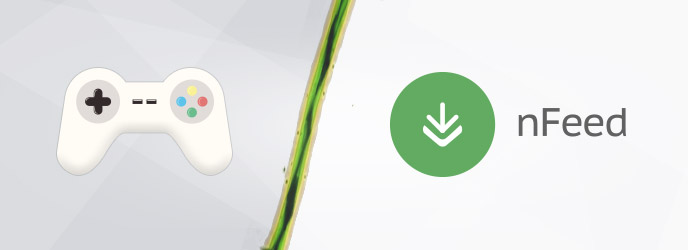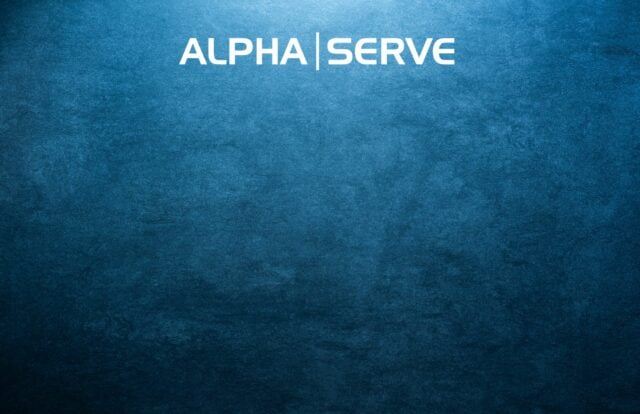As a recent addition to the Valiantys Software team, I was quickly indoctrinated to the benefits of the Atlassian suite. Our development team is a well-oiled machine thanks to how we use Jira to implement a streamlined Agile methodology. This allows us to produce new features and fix bugs in our Marketplace apps efficiently. Likewise, the apps we produce are also vital tools for increasing our productivity. For example, we use nFeed (the leading Marketplace app to query data from any data source) to prevent the duplication of previously created tickets so we’re not inundated with several requests which are all about the same bug.
Our tools and methodology leads to happier clients and feeling we’ve earned that ping-pong match in the office at the end of day. Yet I had to wonder – how else could the power of Jira and nFeed be used to solve other burning problems?
Calling all geeks: Get ready to deploy!
Life is sort of like a video game; there are moments you can playfully experiment, times when you need to start over and above all there are challenges to overcome. Recently, I was faced with several existential questions that every self-respecting geek has asked himself at least once in his life, such as: “But where is my Destiny CD? I didn’t finish that game yet, right?”
Yet I was armed with nFeed and Jira, and I quickly made the connection how they would give me the flexibility and power necessary to solve my video game problems. So, I used these tools to manage my video game collection and once and for all keep track of where I was loaning my games.
The Gameflow
I started by defining the specific workflow for managing my video game collection – keeping in mind that friends will inevitably ask to borrow one of my precious games….

On the front line: Getting the data
For this use case, I chose to connect nFeed to a REST API provided by IGDB.com, which has data on video games.
From nFeed, all you have to do is create a URL type Datasource and fill in the URL API (and possibly the authentication token if it is required).
Adding a game to the collection
The goal here is to have the issue be as simple and minimalist as possible, so I customized the issue to display only the relevant fields. The summary field is intentionally hidden to avoid redundancy, as it will be filled automatically with the value of the ‘Game’ field.


Automatically update fields
To add a new game to my collection, I need to fill in the game’s name which I intend to buy in the nFeed field “Game”, which is type autocomplete.
Once the game is selected, the nFeed fields “Cover” and “Platform” are automatically updated to the corresponding game, allowing me to verify that the game and video game console are correct (while also making an issue that looks super slick).

Once the issue for the game has been created, a post function is used to update the field “Game Genre”, which is visible from the game’s display and editing page.

JQL Search
At this point I’ve inputted several dozen games into my library, so now I’d like to be able to search my games using specific criteria. This works out well, as nFeed allows you to define distinct behaviors when a query is executed. In my case, I’ve configured the field “Game Genre” so that it displays the list of the games’ themes when a query is in progress.

Dashboards
I’ve even configured the dashboard in Jira with several graphical gadgets to get statistics on each category and the game console (yes, I even have games on Atari…). Again, nFeed offers me the ability to customize the values I wanted to display from the widgets by setting a specific query for the display.

The Hour of Victory
My work in managing my video games using Jira and nFeed paid off. All my friends now use my instance to see which games I have available, and likewise I can easily follow the status changes in the workflow to see who actually has my games.
The cool thing is that this scenario can be applied generically for broad asset management. In fact, one of my friends started his own Jira instance to manage his vinyl record collection.



